What is VBC.exe & Should You Remove It
The lightweight file is integral to compiling Visual Basic code
4 min. read
Updated on
Read our disclosure page to find out how can you help Windows Report sustain the editorial team. Read more
Key notes
- VBC.exe is a legitimate Visual Basic Compiler file, an essential component of the Microsoft .NET framework.
- If you need to run Visual Basic applications, removing this executable will cause runtime errors.
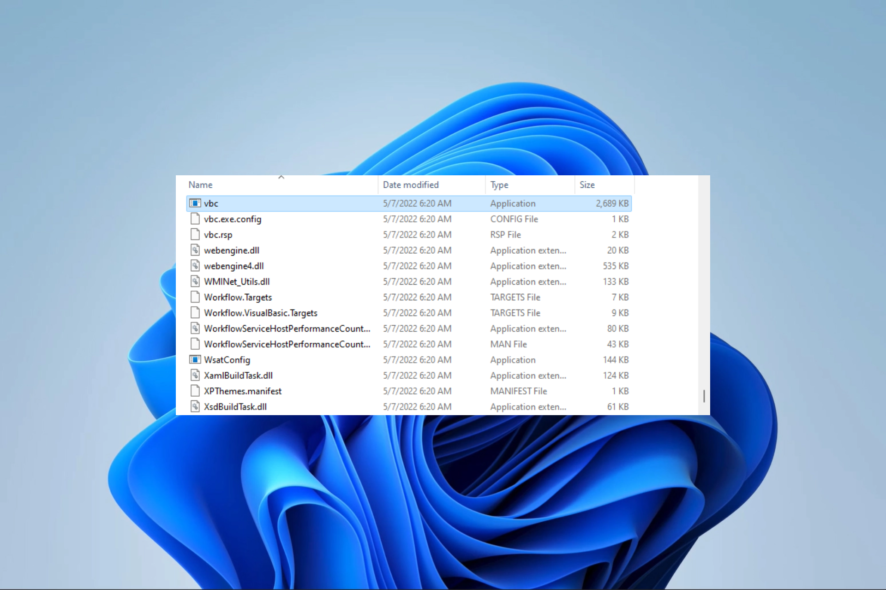
If you have used the Windows operating system for a while, you should notice that it comes bundled with thousands of files, many running processes, and utilities. The VBC.exe file is one such file, but often users do not know its purpose.
Some users might feel uneasy when they see an unknown process, and to learn more about processes, we have a great guide on how many processes should be running on your PC.
So, in this guide, we look at the executable and share important points, including its functions and how to spot a legitimate file.
What is VBC.exe?
VBC.exe is bundled as an essential component when you install Microsoft.NET framework. The Visual Basic programming language is supported by the.NET framework, which also offers a runtime for creating and executing programs.
It is the responsibility of VBC.exe to translate Visual Basic source code into Microsoft Intermediate Language (MSIL) code, which may then be translated into native code or run by the.NET Common Language Runtime (CLR).
Is VBC.exe a virus?
No, VBC.exe is not a virus, rather if you install Visual Basic on Windows, this genuine process helps in compiling the code.
However, certain malware can pass as VBC.exe. If you are worried that the file VBC.exe on your computer contains malware or a virus, you may run a reliable antivirus or anti-malware scan on it.
What functions does VBC.exe execute?
VBC.exe is a critical tool for developers working with Visual Basic, and its primary functionalities include the following:
- Compilation – VBC.exe translates Visual Basic source code (.vb files) into intermediate language code (.NET assemblies), which the CLR may run. The compilation process includes syntax and semantic analysis, code optimization, and output generation.
- Error checking – During compilation, VBC.exe thoroughly checks for errors. It makes the code adhere to the Visual Basic language’s principles, looks for any syntax difficulties, and gives detailed error messages to assist developers in finding and resolving code-related problems.
- Generation of executable files and libraries – After a successful compilation, VBC.exe creates executable files (.exe) or dynamic-link libraries (.dll) that may be utilized directly by programs or as dependencies by other components.
Should I remove VBC.exe?
We advise against deleting VBC.exe. Applications written in Visual Basic might not be able to run if you do this. Rather try upgrading your Visual Studio installation if VBC.exe is giving you trouble.
You may want to remove the entire.NET framework to clear up disk space if you are not a developer or do not use Visual Basic. However, the executable runs in the background and is extremely lightweight. So, under typical conditions, it does not use many system resources or affect performance.
How can I determine if VBC.exe is legit?
1. Verify the file location and size
You will find the ideal file in the directory listed below. Therefore, you could suspect malware if you find a file with the same name at a different place.
C:\Windows\Microsoft.NET\Framework\v4.0.30319

Additionally, the actual VBC.exe file is about 2.62 MB in size. Therefore, a virus or other malware is probably to blame if the file size differs.
2. Check the digital signature
- Press Windows + E to open File Explorer and navigate to the path where you have the file.
- Right-click on it and select Properties.
- Click on the Digital Signatures tab to see a list of signatures in the Signature list section. The genuine publisher is Microsoft Corporation. You may click on a signature to reveal more information about it.
If you have read this far, you should understand the executable and know if you need it on your computer or would rather delete it.
We have written a comprehensive guide on services and processes to disable on Windows 11, so you can find out which appeals to you.
To learn more about a similar process, you should start at our VSServer.exe explained: Removal guide included guide.
Lastly, if you have further questions, reach out to us in the comments section, and we will love to get back to you.
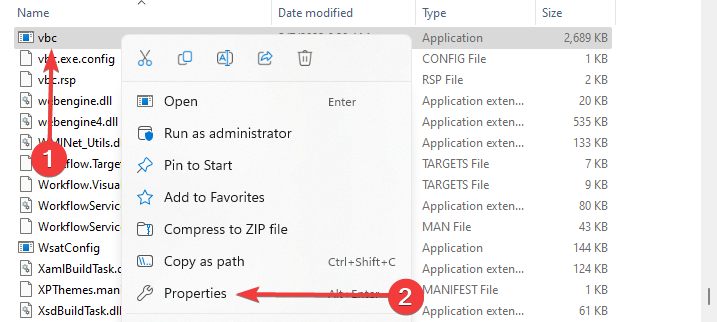
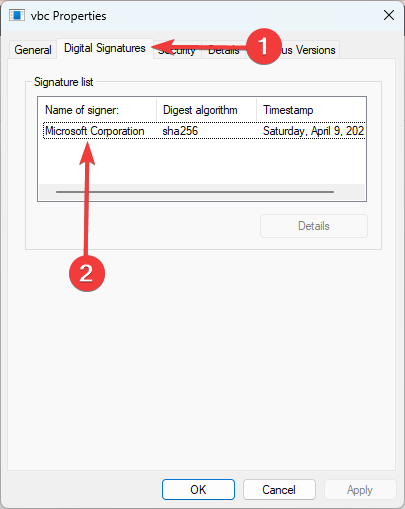

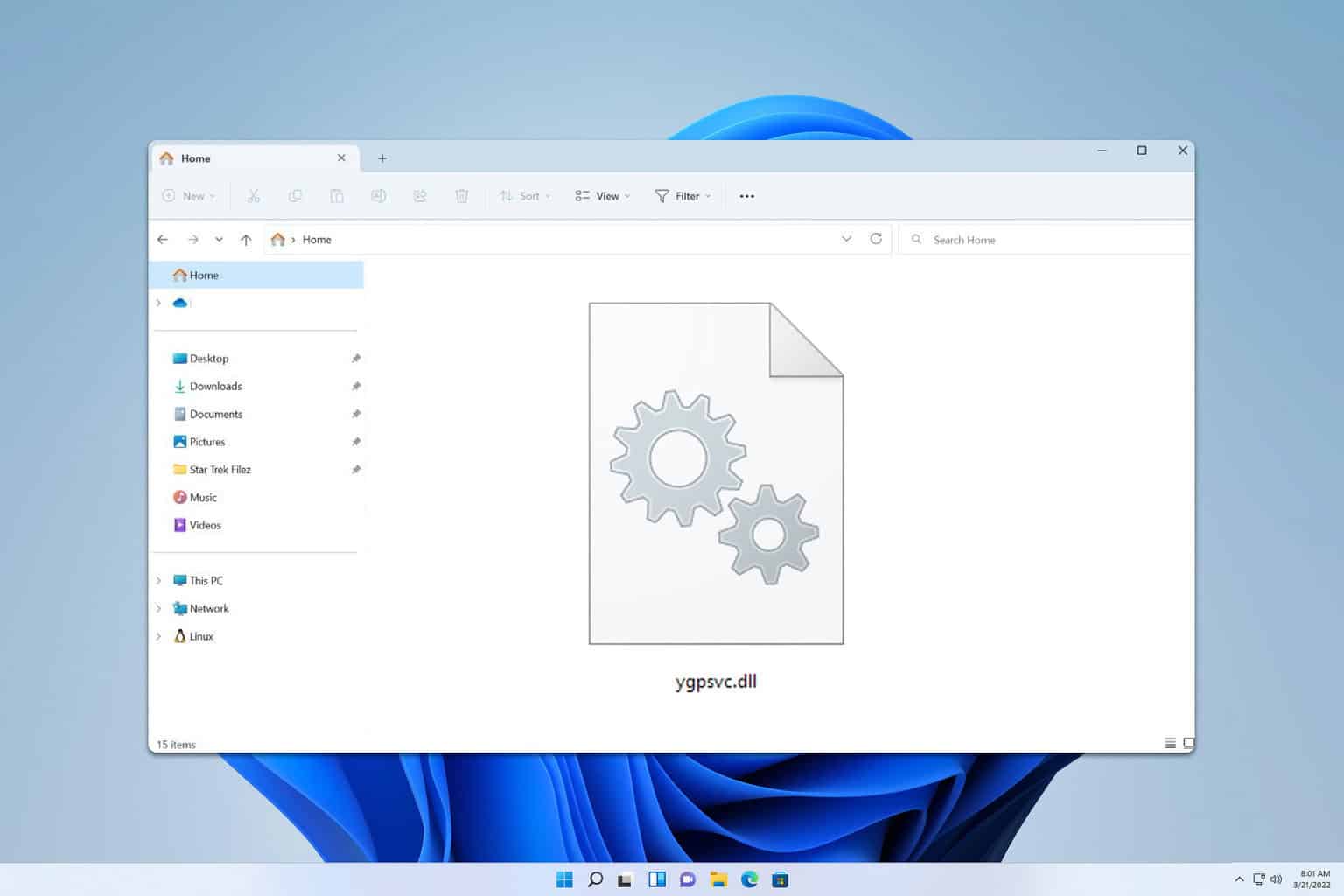
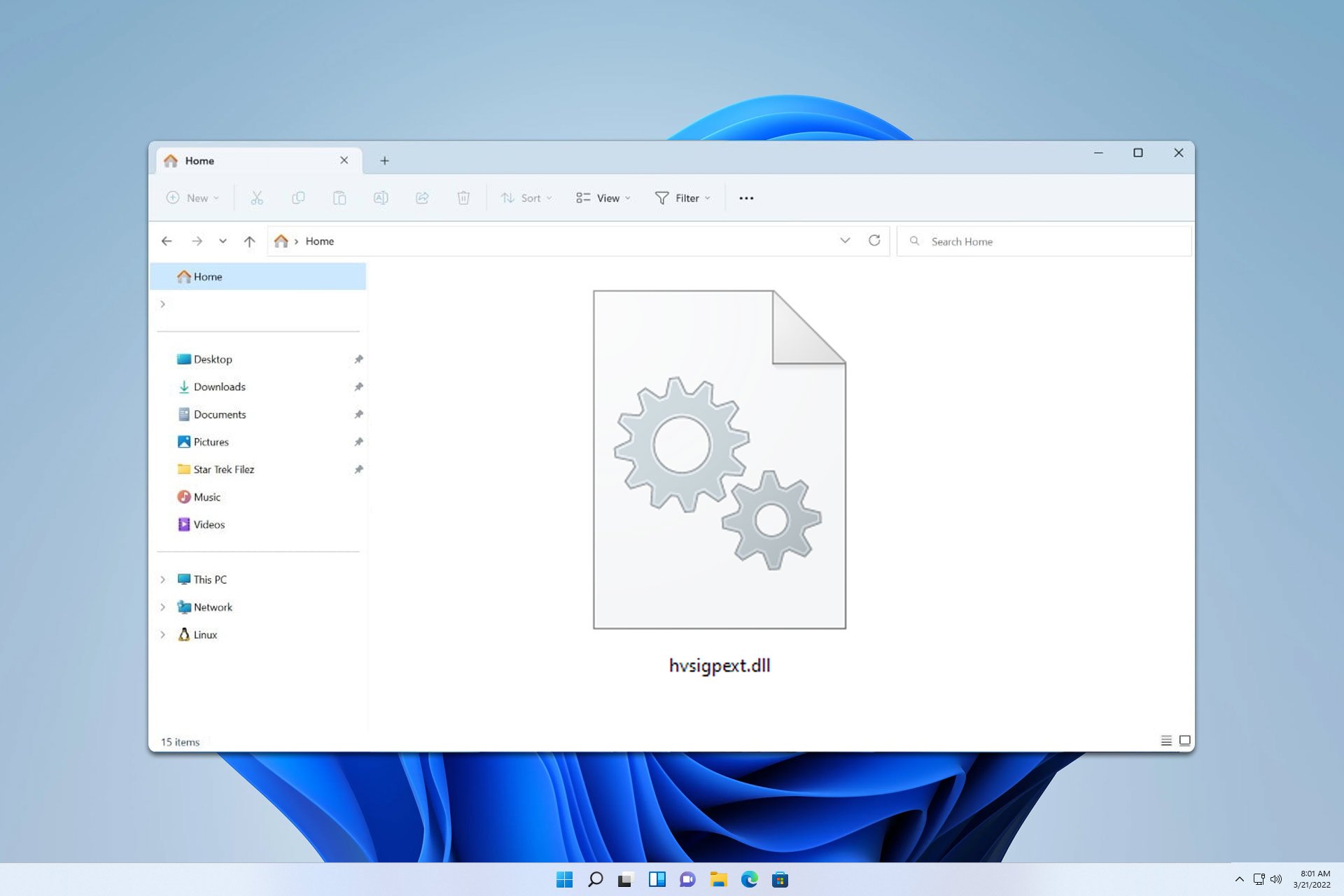
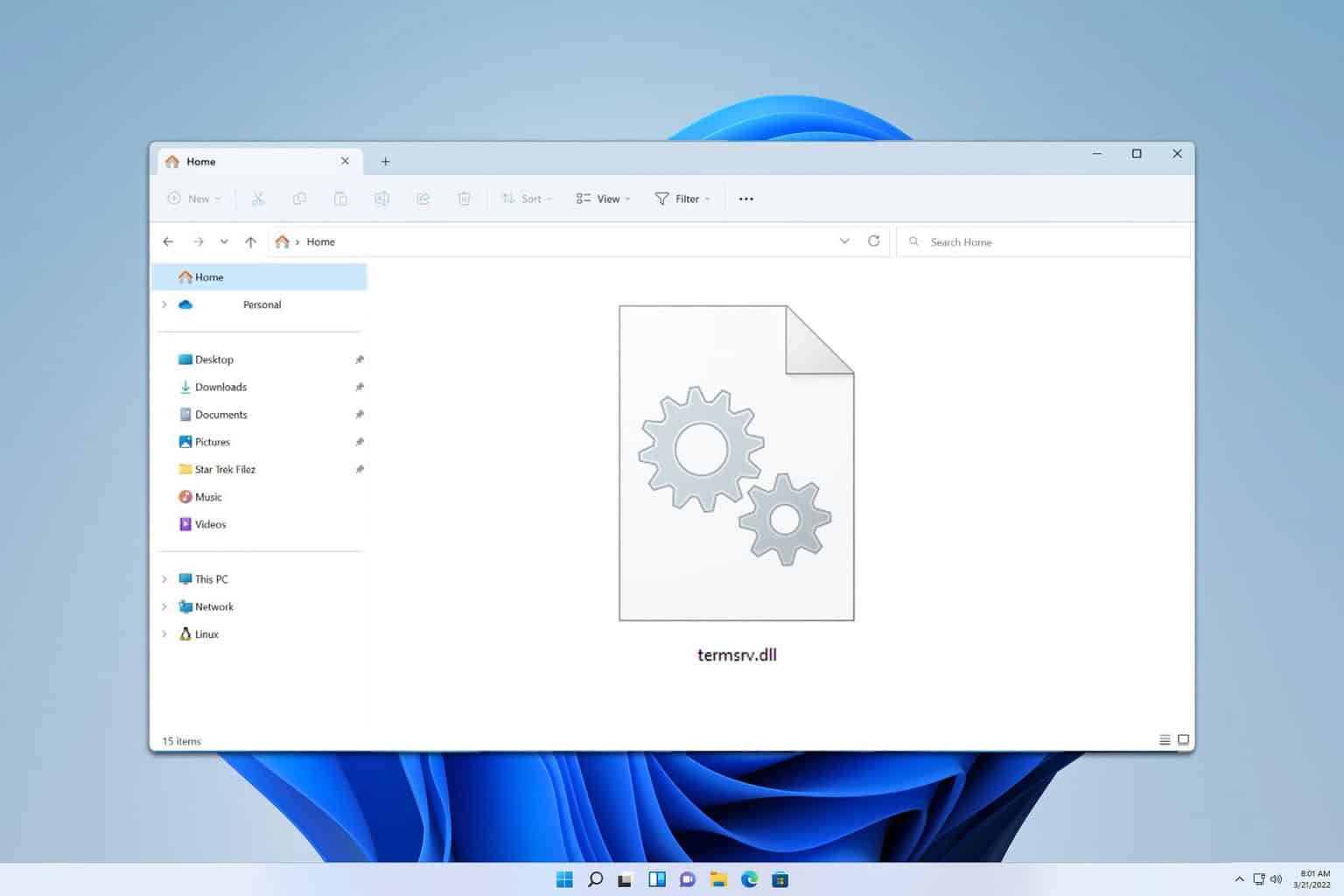
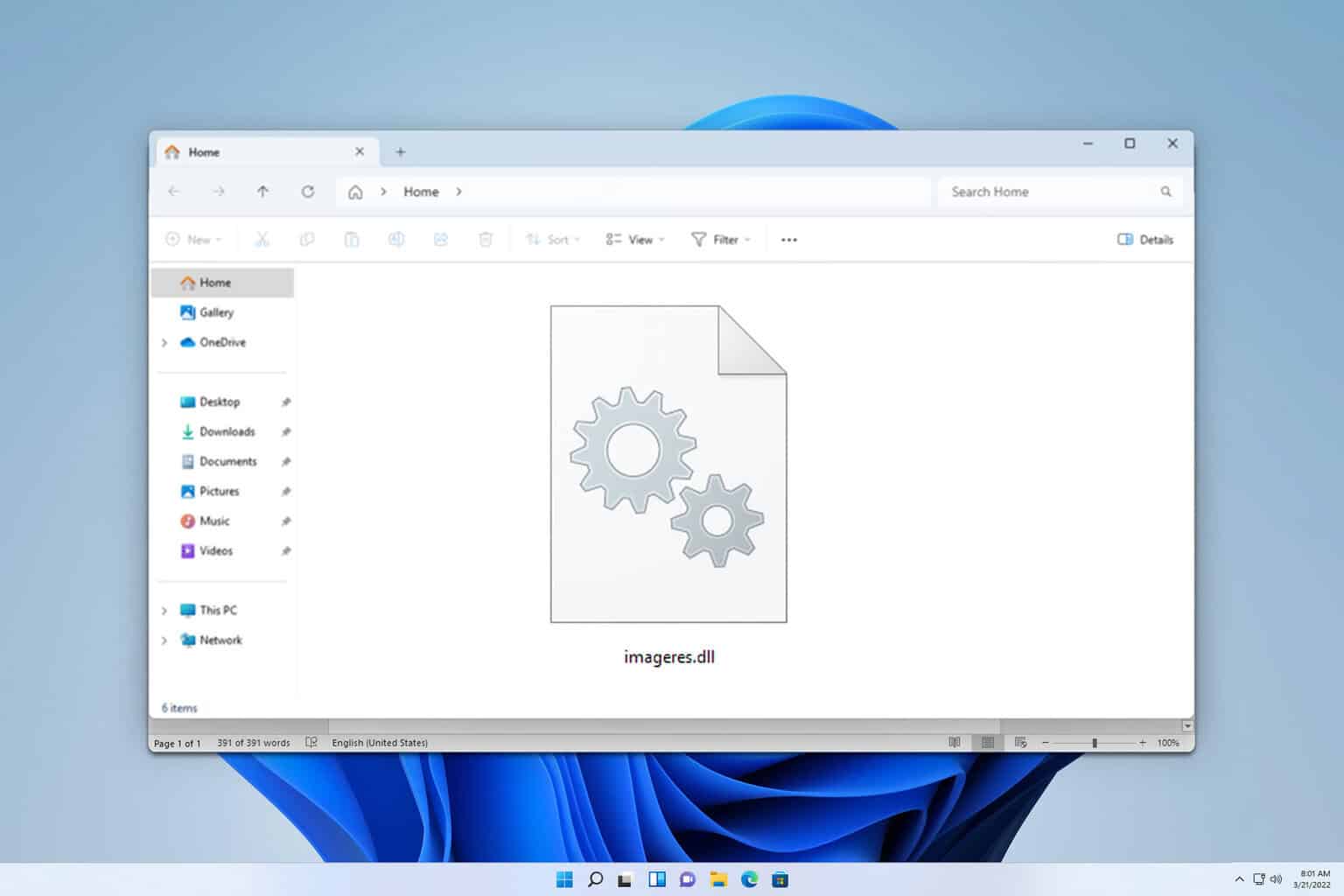
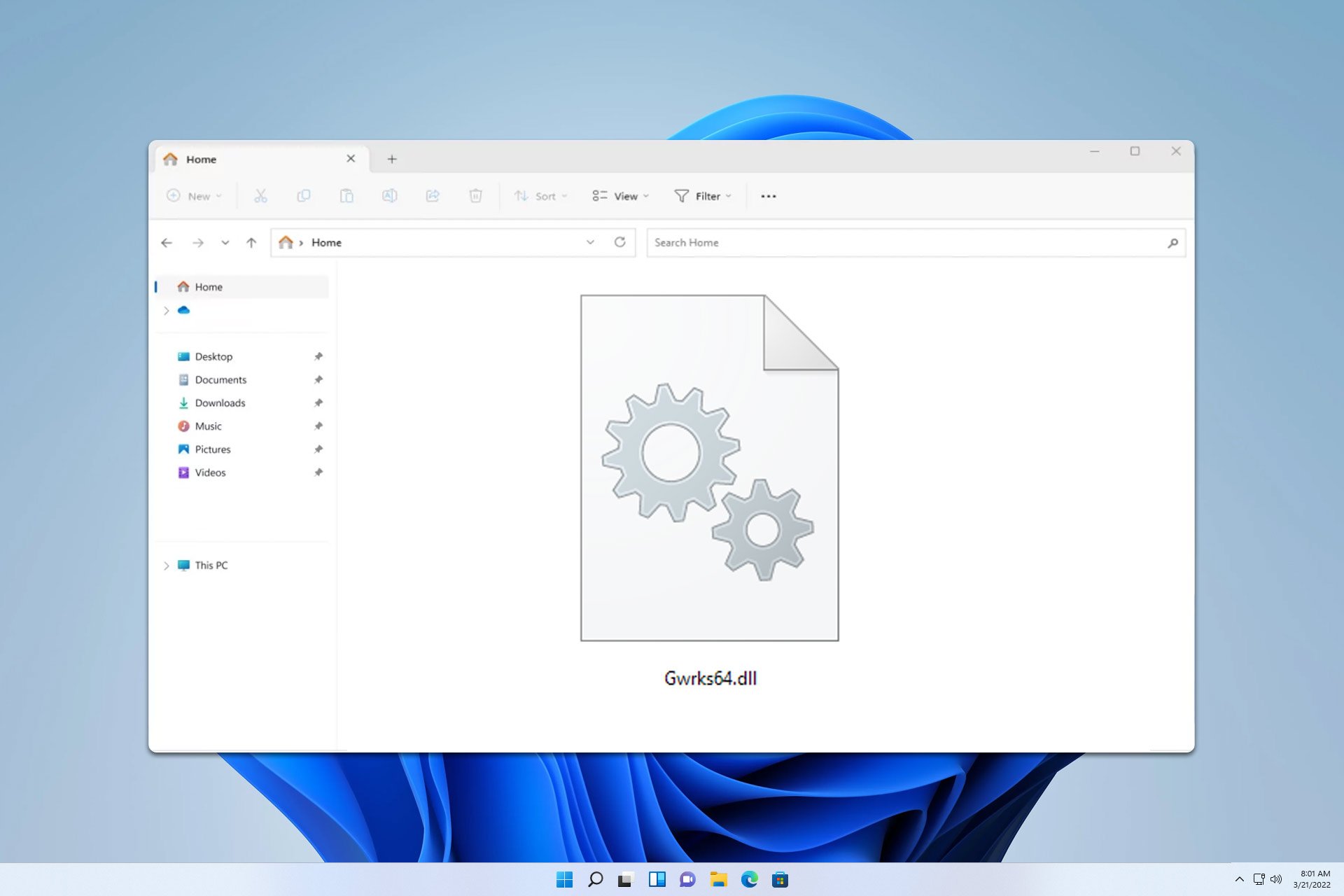
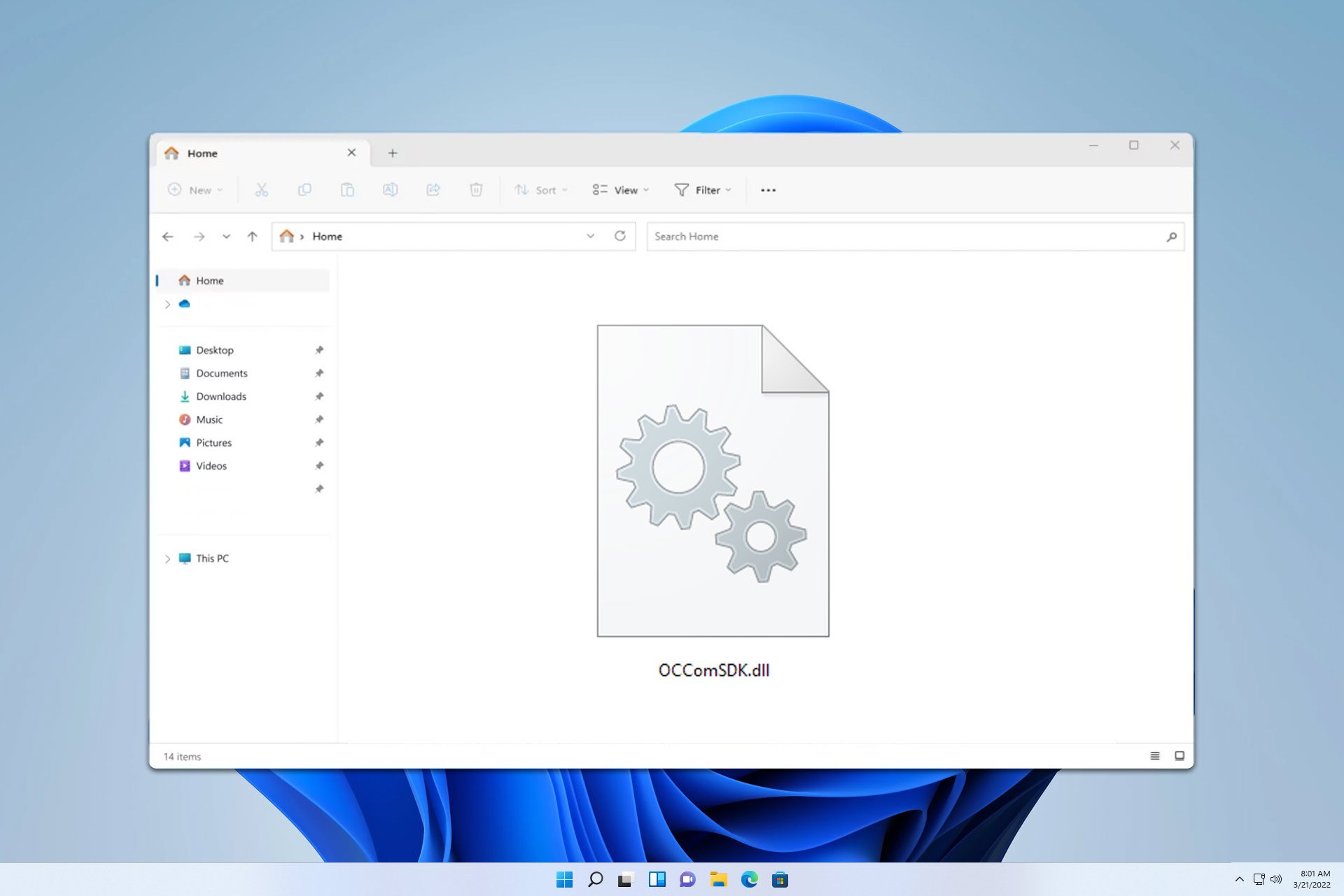
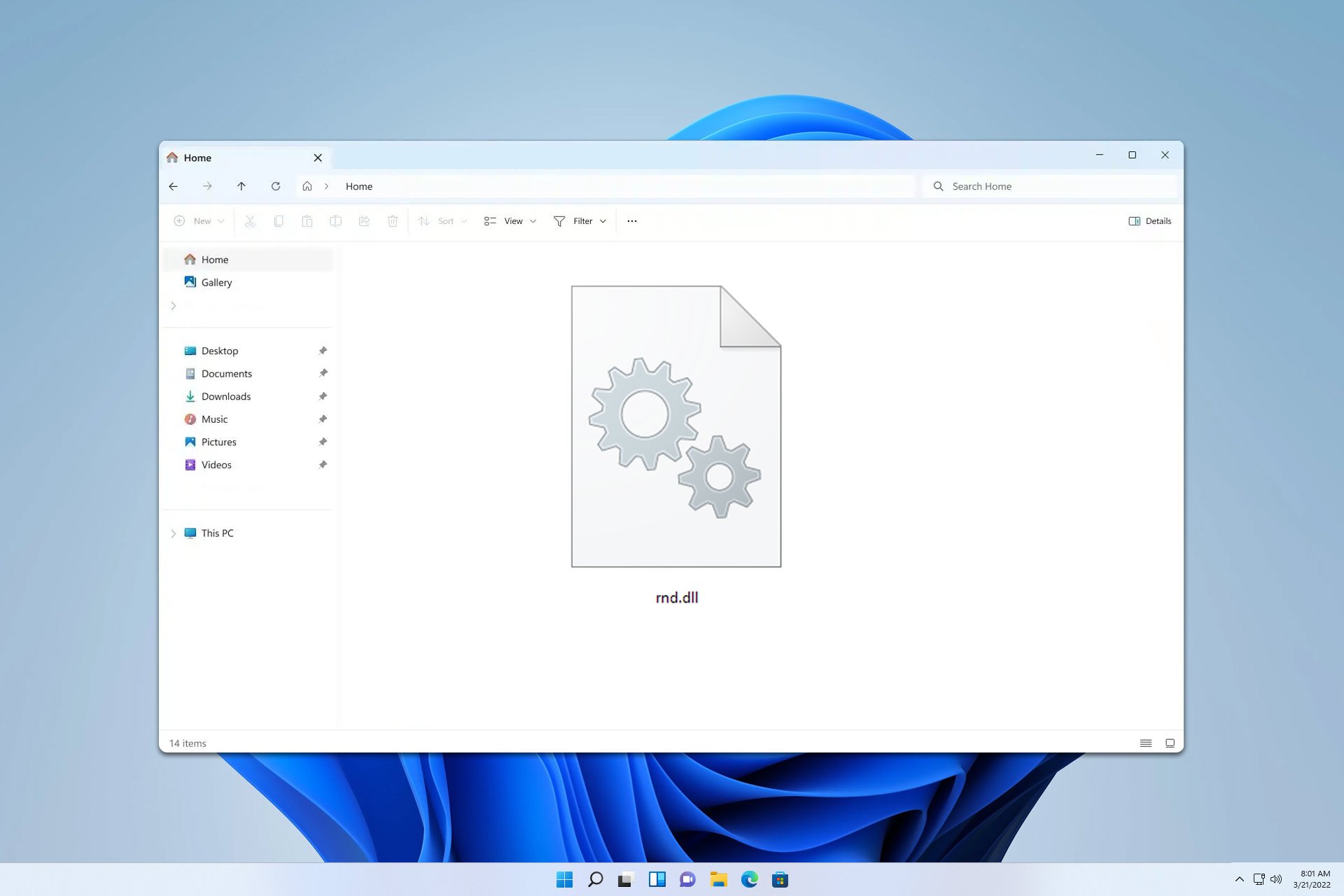
User forum
0 messages